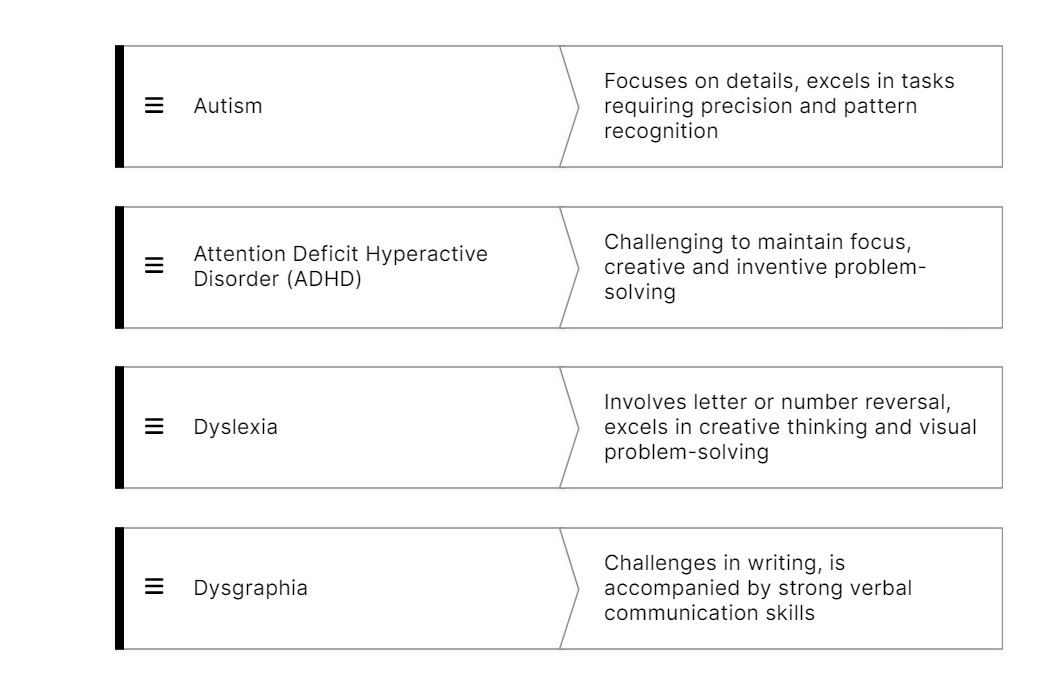this post was submitted on 04 Jan 2024
175 points (94.4% liked)
ADHD
9669 readers
211 users here now
A casual community for people with ADHD
Values:
Acceptance, Openness, Understanding, Equality, Reciprocity.
Rules:
- No abusive, derogatory, or offensive post/comments.
- No porn, gore, spam, or advertisements allowed.
- Do not request for donations.
- Do not link to other social media or paywalled content.
- Do not gatekeep or diagnose.
- Mark NSFW content accordingly.
- No racism, homophobia, sexism, ableism, or ageism.
- Respectful venting, including dealing with oppressive neurotypical culture, is okay.
- Discussing other neurological problems like autism, anxiety, ptsd, and brain injury are allowed.
- Discussions regarding medication are allowed as long as you are describing your own situation and not telling others what to do (only qualified medical practitioners can prescribe medication).
Encouraged:
- Funny memes.
- Welcoming and accepting attitudes.
- Questions on confusing situations.
- Seeking and sharing support.
- Engagement in our values.
Relevant Lemmy communities:
lemmy.world/c/adhd will happily promote other ND communities as long as said communities demonstrate that they share our values.
founded 1 year ago
MODERATORS
you are viewing a single comment's thread
view the rest of the comments
view the rest of the comments

I might use the idea of horseback riding as an analogy. The neurotypical reflection of a human mind is a well-trained horse with a proficient rider. The rider is the concious viewpoint of the mind tied up with concious will. The horse is the rest of the mind (including the parts that control the body).
Someone with ADHD is riding a poorly-trained horse. It doesn't mean that the horse doesn't sometimes respond correctly to the commands of the rider, but it is far more likely to listen when the commands align with whatever the horse would prefer to be doing, and sometimes the horse won't listen at all even if the rider is trying desperately to get it to stop eating grass and get back on the path.
The analogy here drives home the idea that there is a disconnect between what the concious mind "wants" to do and what the rest of the mind is doing.
The analogy doesn't stretch very far, but by highlighting one of the major flaws of the analogy you can likewise highlight the painful irony of ADHD: to an outside observer there is no way to see that the rider is trying anything at all. This whole analogy is taking place inside one person's skull, and the entire concept of struggling to steer your own mind doesn't make much sense when you have a horse and rider that work so smoothly together that they feel unified.
Another version of this is that ADHD is like having a "Ferrari engine with bicycle brakes."